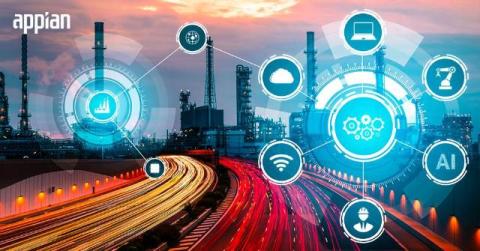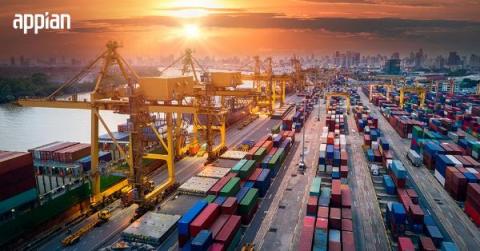Systems | Development | Analytics | API | Testing
Supply Chain
Revolutionize supply chain management with Fivetran and Dremio
Supply Chain Best Practices for Pharmaceutical Operations
How to Ensure Supply Chain Security for AI Applications
Machine Learning (ML) is at the heart of the boom in AI Applications, revolutionizing various domains. From powering intelligent Large Language Model (LLM) based chatbots like ChatGPT and Bard, to enabling text-to-AI image generators like Stable Diffusion, ML continues to drive innovation. Its transformative impact advances multiple fields from genetics to medicine to finance. Without exaggeration, ML has the potential to profoundly change lives, if it hasn’t already.
From Silos to Synergy: Navigating the Complexities of Omnichannel Supply Chain in Retail
A study by Harvard Business Review found that almost 73% of shoppers utilize multiple channels during their shopping journey, with only 7% being online-only shoppers and 20% being store-only shoppers. As the holiday season approaches and major sales events like Black Friday loom, retailers face the daunting task of managing a massive influx of merchandise. The complexity amplifies during the crucial last mile of the supply chain when customers switch from home delivery to in-store pickup.
A Conversation with KPMG: Identifying Top Supply Chain Trends
We recently sat down with several supply chain experts to identify the trends impacting global supply chains and what to expect going forward. KPMG Partner Peter Liddell weighed in on everything from the continuous disruption caused by materials shortages and geopolitical conflict to best practices for adapting to these challenges.
GEODIS Collaborates with Yellowfin to Launch Self-Service Analytics Interactive for Visibility Customers
How Qlik & Microsoft Data Mesh Transforms Supply Chain Management
How data governance creates an effective data supply chain
Effective data governance builds a culture of trust and collaboration around data.
2023 Supply Chain Trends: Succeeding in Times of Change
It began with the pandemic. Consumer spending shifted from experiences to goods, spiking demand. Ports clogged due to shutdowns. Factories operated at reduced capacities from sickness, lockdowns, or even infrastructure issues like rolling blackouts. But it didn’t end there. The ripple effects have continued. Supply chains continue facing upheavals, particularly with respect to inflated prices and global conflict like the war in Ukraine. This leaves supply chain professionals on shaky ground.










